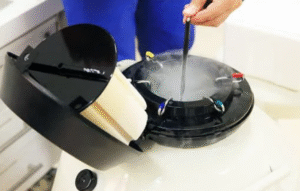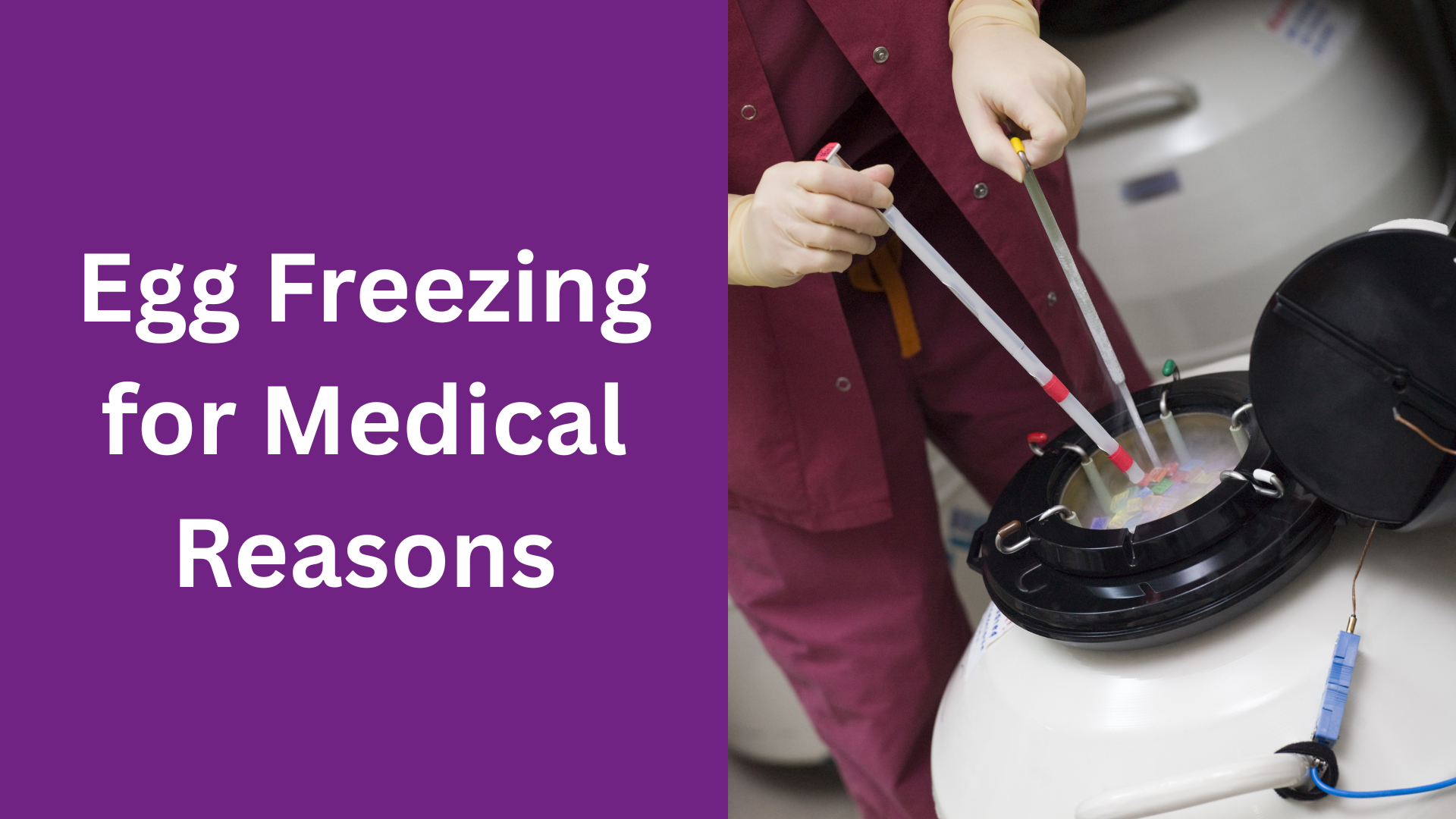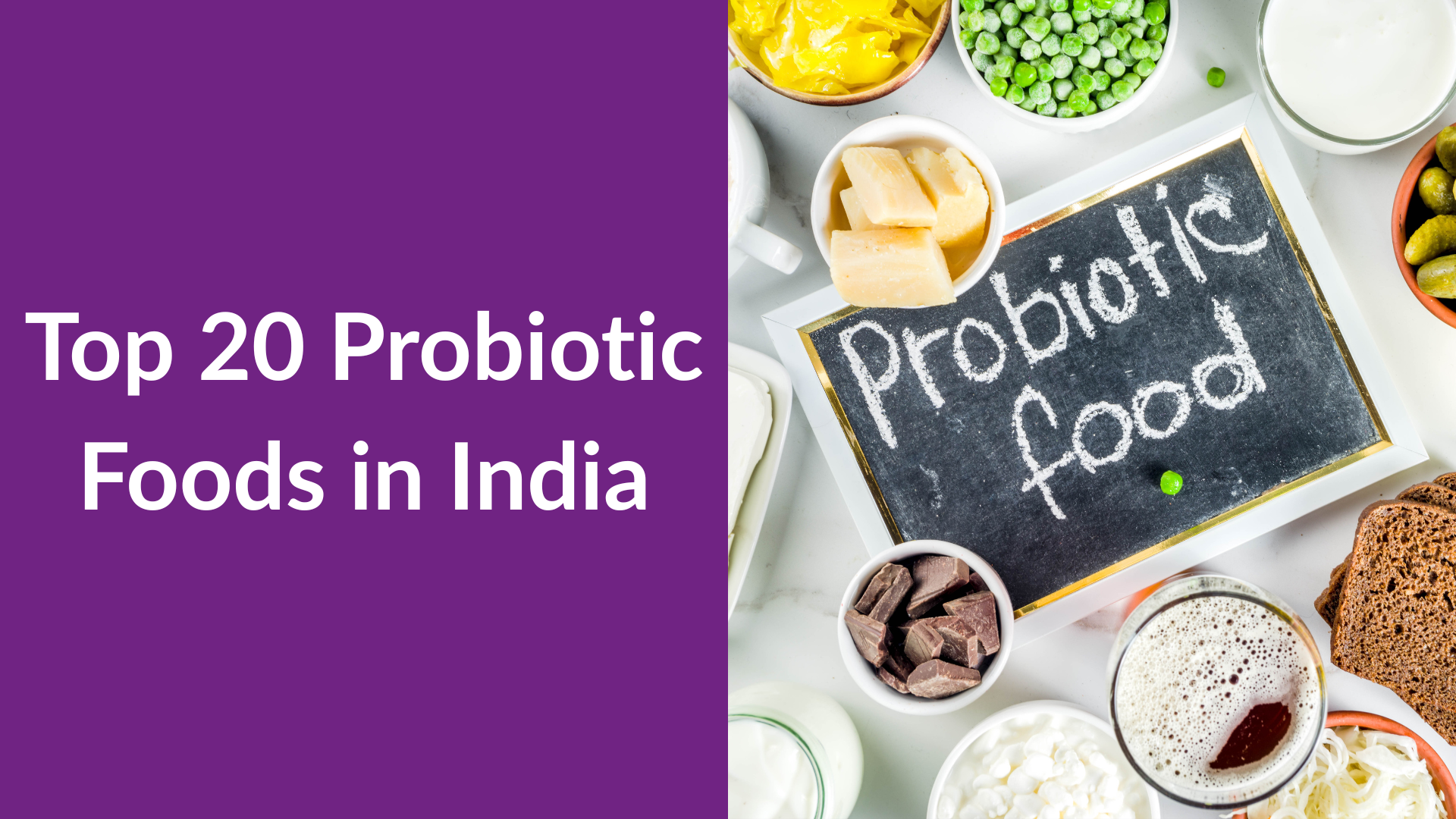Why Egg Freezing Matters More Than Ever?
Imagine facing a cancer diagnosis, a major surgery, or an autoimmune disease — and having to worry about your future ability to have children. That’s where egg freezing for medical reasons comes in, offering hope, control, and choice.
Egg freezing (scientifically called “oocyte cryopreservation”) has become a reliable method to preserve fertility for individuals who must undergo treatments or face conditions that threaten their reproductive health. With advances in science, women today have real options — options that didn’t exist even a decade ago.
What is Egg Freezing for Medical Reasons?
Egg freezing for medical reasons refers to the process where eggs are extracted, frozen, and stored to be used later when the individual is ready to pursue pregnancy — usually after completing necessary medical treatments.
Common Medical Reasons for Egg Freezing
- Cancer Treatments (chemotherapy, radiation)
- Surgical Procedures affecting ovaries
- Severe Endometriosis
- Premature Ovarian Failure or early menopause risk
- Autoimmune Disorders (like lupus)
- Genetic Risks (such as BRCA mutations)
- Gender-Affirming Care
Why Freeze Eggs?


Many medical treatments damage the number and quality of eggs, i.e., ovarian reserve. Egg freezing allows women to preserve younger, healthier eggs before undergoing treatments.
Who Should Consider Egg Freezing?
If you are facing any of the following, you might want to explore egg freezing:
- Diagnosed with cancer and planning chemotherapy or pelvic radiation
- Scheduled for ovarian surgery (e.g., for endometriosis, cysts)
- Diagnosed with severe endometriosis requiring ovary-affecting treatments
- Family history of early menopause
- Carry a BRCA mutation (linked to higher ovarian cancer risk)
- Undergoing gender-affirming hormonal therapy
- Planning immunosuppressive therapy for autoimmune diseases
The Medical Egg Freezing Process Explained
Here’s how it typically works:
- Ovarian Reserve Testing: Blood tests (like AMH levels) and ultrasound to measure egg supply.
- Ovarian Stimulation: Daily hormone injections for 8–12 days to stimulate multiple eggs.
- Monitoring Visits: 4 to 6 visits for ultrasounds and bloodwork.
- Trigger Shot: Final injection to mature the eggs.
- Egg Retrieval: A 20–30 minute outpatient procedure under light anesthesia.
- Vitrification: Ultra-fast freezing to preserve egg structure and quality.
- Storage: Frozen eggs stored safely in liquid nitrogen tanks.
Important: If you’re facing urgent medical treatment (like chemotherapy), expedited “fast-track” protocols exist to minimize delay.
Latest 2024–2025 Statistics on Egg Freezing Success


According to Extend Fertility’s latest study:
- Women who freeze eggs under 35 years had a 66.7% live birth rate.
- Those freezing between 35–37 years had a 56.8% live birth rate.
- Freezing after 40 years saw success drop to around 33%.
The earlier you freeze, the better the egg quality, directly improving pregnancy outcomes.
Note: Egg survival rates after thawing using modern vitrification methods exceed 90%.
Emotional Considerations: More Than Just a Medical Decision
- Facing diagnosis + fertility loss can be deeply emotional.
- Support networks (friends, family, counselors) are crucial.
- Fertility preservation counseling is highly recommended.
Many fertility clinics now offer mental health support integrated into their egg freezing programs, especially for patients undergoing oncology treatments (oncology + fertility = “oncofertility”).
Costs and Financial Support for Medical Egg Freezing
Typical Costs in the U.S. (2025)
- Egg Retrieval Cycle: $10,000 – $15,000
- Medication Costs: $3,000 – $6,000
- Annual Storage Fees: $500 – $1,000
Financial Aid Options
- Insurance Coverage: Many states now mandate coverage if medically necessary (e.g., cancer patients).
- Grants/Scholarships: Look into organizations like Fertile Hope and Livestrong Fertility.
- Payment Plans and Financing: Clinics often partner with companies like Future Family or CapexMD.
- HSAs/FSAs: Can be used to cover part of the costs.
Always consult your insurance and financial coordinator at the clinic.
Risks and Considerations


- Ovarian Hyperstimulation Syndrome (OHSS): Rare but serious, especially for women with PCOS.
- Bleeding or Infection: Minor risk during retrieval.
- No Guaranteed Baby: Freezing eggs increases chances but doesn’t guarantee future pregnancy.
New Advances Making Egg Freezing Safer and More Successful
- Next-Generation Vitrification
- Artificial Intelligence in Embryology Labs
- Fertility Preservation Networks
- Egg Banking Services
Conclusion: Taking Control of Your Fertility Future
Egg freezing for medical reasons isn’t just a procedure — it’s empowerment.
Facing serious health challenges is tough enough. Knowing you have options to preserve your dream of future parenthood can offer incredible emotional strength.
If you’re considering egg freezing due to a medical condition, act early, gather a supportive care team, and ask lots of questions. With modern science on your side, you have more hope than ever before.
✨ Ready to take the next step? Consult a fertility preservation specialist today and protect your future possibilities.




